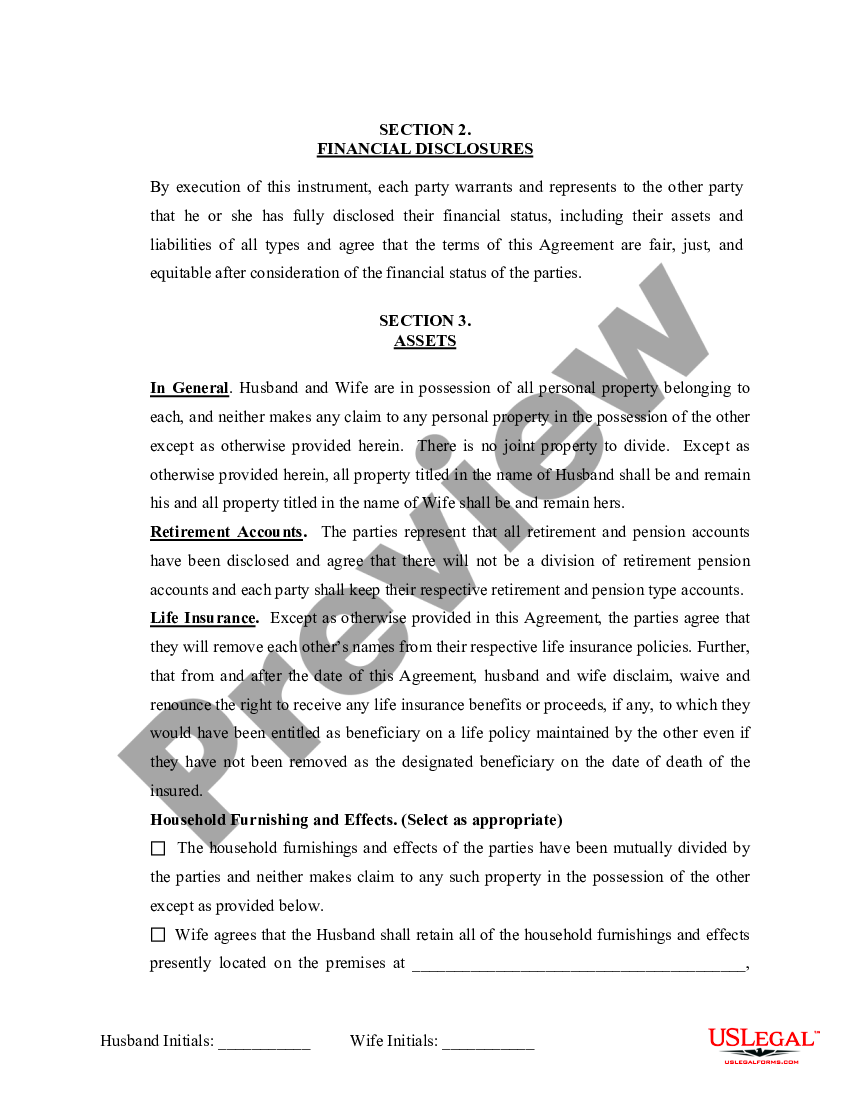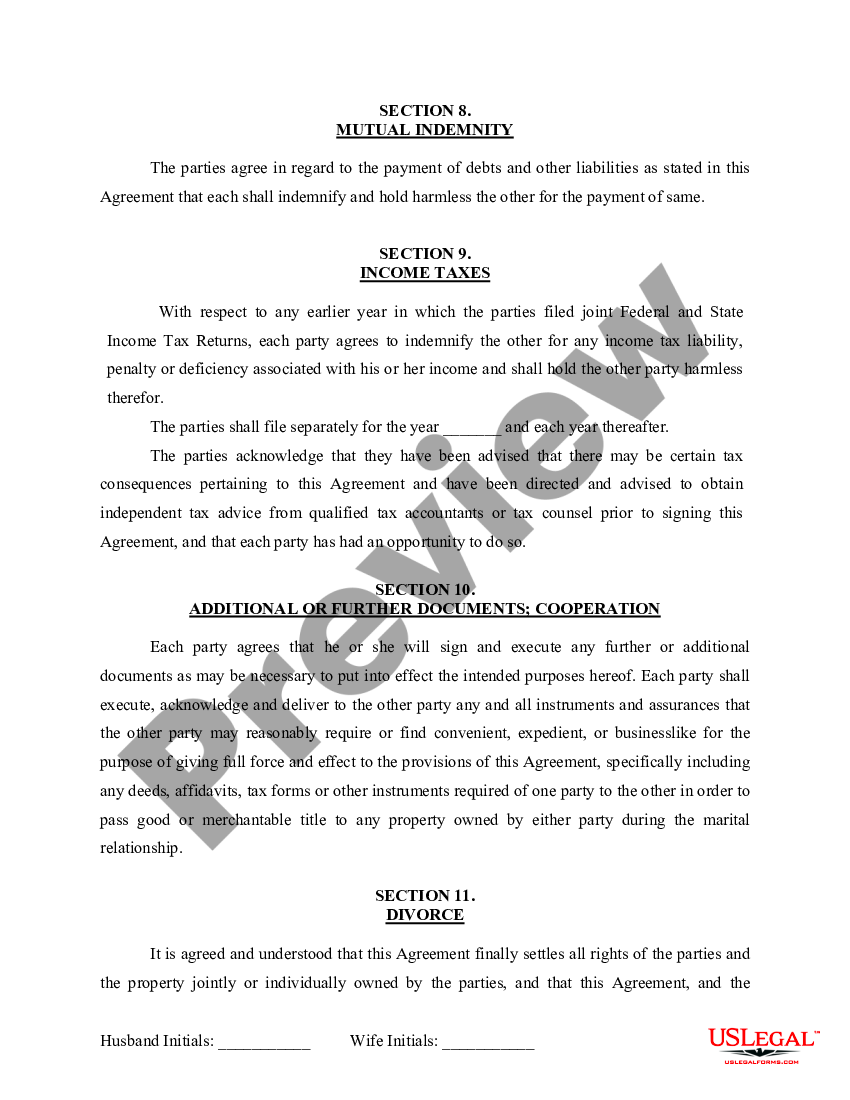What You Should Know About Kansas Separation Laws
When facing challenges in a marriage it can be vital to explore your choices. In Kansas legal separation provides couples with an option to live apart without fully dissolving their marriage. This process allows spouses to maintain their marital status while leading separate lives. Its essential to grasp the distinctions between legal separation and divorce as well as their implications for you and your loved ones. Having experienced a situation myself I understand how tricky these decisions can be and being aware of your alternatives can greatly impact finding the way ahead.
Understanding Legal Separation in Kansas

In Kansas legal separation is a procedure that allows couples to live separately while still being married. It helps deal with matters like splitting assets and determining child custody just like a divorce would but without ending the marriage. This can be a suitable choice for couples who require time to sort things out or have religious or personal beliefs against getting divorced.
Essentially a legal separation lets you address your financial and personal matters while still being technically married. This could be necessary to maintain eligibility for certain benefits or for religious beliefs. The separation agreement can include
- Division of property and debts
- Child custody and visitation schedules
- Child and spousal support
Having collaborated with numerous people facing circumstances I have witnessed how this journey can bring about a sense of ease as well as intricacy. The crucial aspect lies in recognizing that even though you may be apart in a sense your marriage status still holds true. This can influence your choices and responsibilities moving forward.
Requirements for Legal Separation

In order to initiate a separation in Kansas specific criteria need to be fulfilled. These criteria are in place to ensure that both individuals involved have a clear grasp of their entitlements and obligations throughout the separation phase. Here’s a detailed overview:
- Residency Requirement: At least one spouse must have been a resident of Kansas for at least 60 days before filing for legal separation.
- Grounds for Separation: Kansas doesn’t require you to prove fault for legal separation. Instead, you can file based on irreconcilable differences, meaning the marriage is not working out.
- Filing the Petition: One spouse must file a petition for legal separation with the court. This document outlines the terms you’re seeking for the separation.
- Agreement on Terms: Both parties should ideally reach an agreement on key issues like property division, child custody, and support before the court finalizes the separation.
In my view fulfilling these criteria can be a task at times but it’s crucial to pay attention to every aspect to prevent any issues down the line. Collaborating with a seasoned lawyer can provide clarity on these stipulations and assist you in navigating the procedure.
How Legal Separation Differs from Divorce
While legal separation and divorce may appear alike they have different objectives and consequences. Based on my own experiences I’ve realized the importance of understanding these distinctions to make the right choice for your circumstances.
In Kansas a legal separation lets you live separately from your partner while still being married. This can be helpful if youre not quite ready to call it quits on the marriage but require some breathing room. Here’s a comparison with divorce.
- Marital Status: In legal separation, you remain married legally, whereas, with a divorce, your marriage is legally dissolved.
- Reconciliation: Legal separation provides a chance to work on the relationship without the finality of divorce. It’s like pressing the pause button, giving you time to consider your next steps.
- Benefits and Tax Implications: Remaining married can impact tax filings and eligibility for certain benefits, like health insurance or social security benefits. In contrast, divorced individuals may have to navigate new financial landscapes.
- Legal Rights: Both legal separation and divorce require legal agreements on property division, custody, and support. However, a divorce finalizes these terms and ends the marriage legally.
Having helped people navigate both situations I’ve realized that grasping these differences can greatly impact how you handle your separation or divorce. It’s about selecting the course that resonates with your aspirations and financial objectives.
Property and Debt Division in Separation
During a separation it’s important to carefully divide shared belongings and financial responsibilities. This part of the process can be tough as it comes with emotional and financial challenges. Based on my experiences I believe it’s crucial to handle this situation with transparency and equity.
In Kansas when it comes to dividing property and debts during a separation the process involves.
- Identification of Assets: Both spouses need to list all assets, including real estate, vehicles, bank accounts, and personal belongings. This inventory helps in understanding what needs to be divided.
- Debt Allocation: Debts acquired during the marriage, such as mortgages, loans, and credit card balances, must also be divided. The court generally aims to divide debts fairly, but it’s essential to clarify how these will be handled.
- Equitable Distribution: Kansas follows the principle of equitable distribution, which means assets and debts are divided fairly, though not necessarily equally. Factors like each spouse’s financial situation, contributions to the marriage, and future needs are considered.
Based on my observations being open and just in this matter can help avoid issues down the line. Collaborating with experts to establish a solid contract enables both sides to progress without any unresolved financial disagreements.
Child Custody and Support During Separation
Dealing with issues of custody and support during a separation can be an incredibly challenging and pivotal part of the journey. It’s essential to prioritize the well being of the children and approach this difficult period with thoughtfulness and empathy.
In Kansas when parents separate legally custody for their children and support arrangements are handled in the following ways
- Custody Arrangements: You’ll need to decide on a parenting plan that outlines custody arrangements and visitation schedules. This plan should prioritize the child’s best interests, considering factors like stability and parental involvement.
- Child Support: Both parents are responsible for contributing to the child’s financial needs. Kansas uses guidelines to determine child support amounts, which consider income, custody arrangements, and the child’s needs.
- Communication: Effective communication between parents is key to ensuring that the child’s needs are consistently met. Regular discussions about the child’s welfare can help maintain a stable environment during the separation.
Having assisted numerous families facing challenges like these, I have witnessed the importance of prioritizing the welfare of children during the separation journey. Nurturing a friendly and collaborative atmosphere can greatly impact how kids adapt to these transitions.
Effect on Health Insurance and Benefits
When going through a separation it’s important to consider how it will affect health insurance and benefits. This can have a significant impact on both partners, especially if one was depending on the others coverage. Based on my own experiences I’ve witnessed how essential it is to tackle these issues, at the start to prevent any unexpected disruptions later on.
Here’s how a legal separation can impact health insurance coverage and benefits:
- Health Insurance Coverage: If one spouse is covered under the other’s health insurance plan, legal separation doesn’t automatically change this. However, it’s essential to review the insurance policy, as some plans may have provisions about separation or changes in coverage.
- Dependent Status: For health insurance purposes, the spouse and children covered may still be listed as dependents. It’s important to check with the insurance provider to confirm how the separation will impact coverage.
- Changes in Benefits: Other benefits, such as life insurance or retirement benefits, may also be affected. Review these benefits to understand how they will be managed during the separation and consider making necessary adjustments.
Based on what I’ve seen dealing with these matters can help avoid problems down the line. Its a good idea to talk to a planner or lawyer to make sure both sides are aware of their rights and obligations concerning health insurance and benefits during the separation process.
Steps to File for Legal Separation
Going through the process of filing for separation requires taking key steps that can shape the way the separation is handled. After assisting numerous people with this I have come to realize that being well prepared and having a clear grasp of each stage can help make the experience more seamless and less overwhelming.
To initiate the process of legal separation in Kansas follow these key steps.
- 1. Determine Residency: Ensure that at least one spouse has been a Kansas resident for at least 60 days before filing. This is a requirement for the court to have jurisdiction over the case.
- 2. Prepare the Petition: Draft a petition for legal separation, outlining your reasons for seeking separation and your proposed terms for property division, child custody, and support. This document will be filed with the court.
- 3. File the Petition: Submit the petition to the appropriate court. There will be filing fees, and you’ll need to provide copies to your spouse and possibly other relevant parties.
- 4. Serve Your Spouse: Legally notify your spouse about the petition by serving them with the documents. This step ensures they are aware of the legal proceedings and have the chance to respond.
- 5. Attend Court Hearings: Attend court hearings as scheduled. During these hearings, the judge will review the separation terms and ensure that both parties agree to the proposed arrangements.
- 6. Finalize the Separation Agreement: Once the court approves the separation terms, a formal separation agreement will be issued. This agreement outlines the terms of your separation and is legally binding.
Having gone through experiences I can relate to how overwhelming each step of the process can be. Collaborating with a lawyer can provide reassurance that everything is managed properly and that your interests are safeguarded during the journey.
Frequently Asked Questions
Going through a separation can bring up a lot of questions and having clear answers can ease some of the confusion. Drawing from my experiences and the common concerns I’ve heard from clients here are some frequently asked questions.
- Can I change my mind about the separation later? Yes, you can request to modify or terminate the separation agreement if circumstances change. It’s important to communicate any changes to the court and your spouse.
- How long does the legal separation process take? The duration can vary depending on the complexity of the case and how quickly both parties reach an agreement. Generally, it may take a few months to finalize.
- Will legal separation affect my credit score? Legal separation itself doesn’t impact your credit score. However, how you and your spouse manage joint debts and financial obligations during this period can have an effect.
- Can I file for divorce after a legal separation? Yes, you can file for divorce at any time after a legal separation if you decide that it’s the best course of action. The separation doesn’t prevent you from pursuing divorce later.
- Do I need a lawyer to file for legal separation? While it’s not mandatory, having a lawyer can be beneficial. They can help you understand your rights, draft necessary documents, and navigate the legal process.
Tackling these inquiries from the outset can bring about understanding and assist you in making well informed choices as you navigate through the journey of separation.
Conclusion
Going through a separation can be tough but grasping the intricacies of the process can really make a difference. Based on my experiences and interactions with clients I’ve witnessed how important it is to tackle every aspect – whether it’s dividing assets, determining child custody or handling benefits – with clarity and consideration. Legal separation provides an opportunity to pause and reevaluate but it demands careful planning and communication to ensure that both parties’ needs and concerns are met. By staying well informed and seeking guidance you can navigate this transition more smoothly and discover a path that suits you and your family best.


